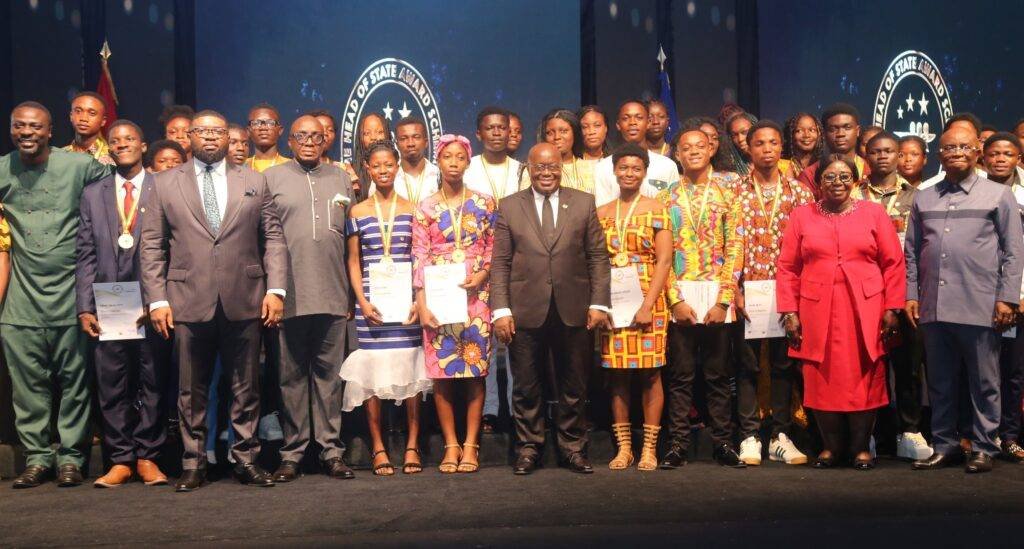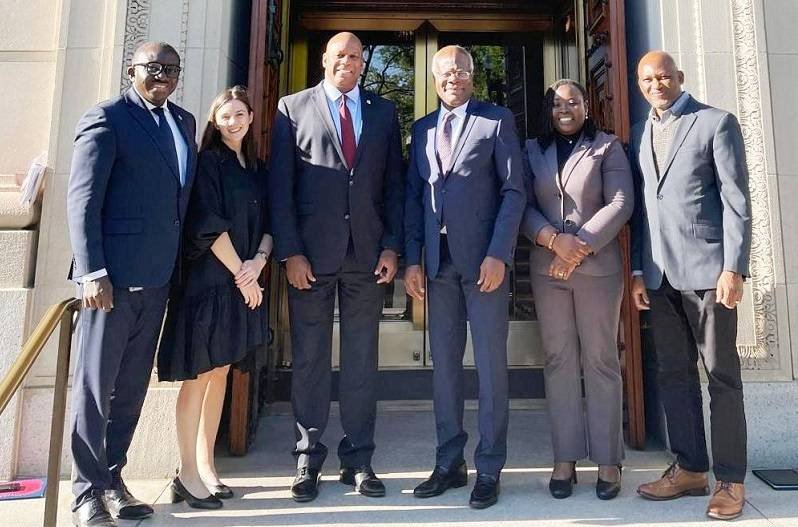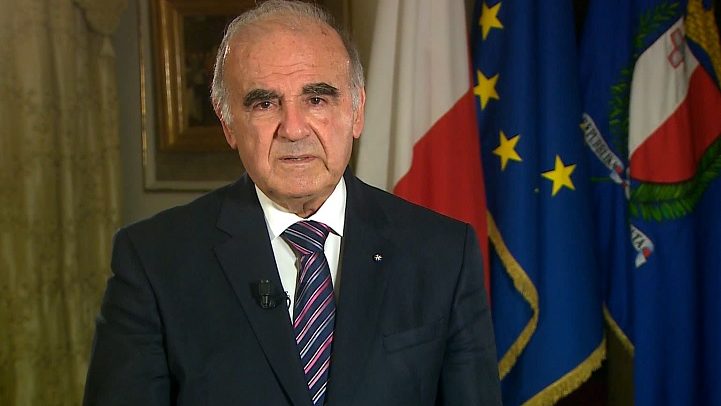

US President Donald Trump said Saturday his controversial state visit to Britain will go ahead, adding that he was hoping for a "very powerful" trade deal with London "very, very quickly".
US President Donald Trump said Saturday his controversial state visit to Britain will go ahead, adding that he was hoping for a "very powerful" trade deal with London "very, very quickly".
As he met with British Prime Minister Theresa May at the G20 summit in Germany, Trump predicted that trade would be "a very big factor" between the two nations.
"There is no country that could possibly be closer than our countries," he said.
"We are working on a trade deal -- a very, very big deal, a very powerful deal, great for both countries, and I think we'll have that done very, very quickly."
The president said he had brought with him "all of our trade people" including Secretary of Commerce Wilbur Ross.
Any negotiations for such an accord would further drive a wedge between Britain and the European Union, which has warned London against striking any separate agreement before its divorce from the bloc is complete.
Back home, May has come under fire for seeking to curry favour with Trump and came in for heavy criticism in January for inviting him for a state visit just seven days after he took office.
But questions about the trip arose after it got no mention in Queen Elizabeth II's annual speech to parliament in June when it is customary for the monarch to list upcoming state visits.
'We'll work it out'
Asked if the visit would still go ahead, Trump said it would. "I will be going to London," he said. Asked when, he said: "We'll work that out."
The US leader said he had developed a "very special relationship" with May, who hot-footed to Washington just days after the president's inauguration in the hope of securing the promise of future trade ties once the UK leaves the European Union.
But the planned state visit has received huge criticism at home, with a petition against it attracting more than 1.8 million signatures.
Thousands of protesters rallied outside parliament in February as MPs debated the visit, with some lawmakers calling for it to be downgraded from the regal affair represented by a state visit, to a regular visit.
Since visiting Washington, May has suffered a chastening general election in which her Conservative Party surprisingly lost its outright majority in parliament, hanging on as leader thanks to a deal with small Northern Ireland party the DUP.
Britain and the EU last month agreed on the priorities and a timetable for the Brexit negotiations.
The two sides agreed to hold four further monthly rounds of talks, with the next on July 17, on the key issues of Britain's divorce from the bloc.
The aim is to make sufficient progress so that the leaders of the other 27 member states can agree to move on to talks on a future relationship with Britain, including a trade deal, the EU's top Brexit negotiator Michel Barnier said.
US President Donald Trump said Saturday his controversial state visit to Britain will go ahead, adding that he was hoping for a "very powerful" trade deal with London "very, very quickly". Read Full Story


















Facebook
Twitter
Pinterest
Instagram
Google+
YouTube
LinkedIn
RSS